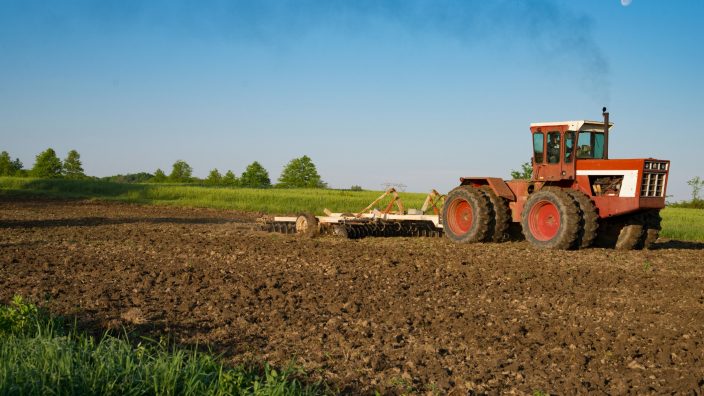Southeast Ohio Community Entrepreneurship Program
The free Entrepreneurship Bootcamp would benefit newer farmers and be helpful to anyone who caters to end consumers and has been in business for five years or less. Sessions start June 8.
Read MoreFor beginning farmers looking for resources, the United States Department of Agriculture has a website dedicated to new farmers, which is filled with helpful information on how to get started, make a business plan, find financing and educational resources and become connected with a mentor.
Many banks participate with agencies in providing financing to beginning farmers and guarantee financing through USDA. Ask if a bank or lender is a “preferred” lender for USDA’s Farm Service Agency. If so, it can help streamline and speed up the process.
Many property owners are willing to contract directly with a beginning farmer for sale of land, machinery, livestock or other assets. Contracts can range from cash deals to share rent, to work-in arrangements in which labor pays for part or all of the property.
The Natural Resources Conservation Service’s Environmental Quality Incentives Program offers financial and technical assistance to agricultural and forestry producers to put in structures like fencing and concrete manure pads to improve the environment.
The Conservation Reserve Program Transition Incentives Program provides for the transition of expiring Conservation Reserve Program land from a retired or retiring owner or operator to a beginning, veteran or underserved farmer. This program can provide annual rental payments for up to two additional years after the expiration of the CRP contract, provided the transition is not to a family member.
AgCredit offers financial programming for young, beginning and small farmers through its AgStart program, which has provided more than $71 million in loans over the last four years to 293 farmers. Some examples:
USDA’s Farm Service Agency makes and guarantees low interest loans to beginning farmers who are not financially ready to obtain financing from commercial lenders.
FSA defines a beginning farmer as somebody who:
FSA provides loans with funding Congress appropriates each year with a portion targeted toward beginning farmers. Some of the loans available to new farmers:
To learn more, contact the local FSA county office where you plan to farm. For the down payment loan, you will also need to apply with a commercial lender for the remaining financing. If you’re buying land on contract you will work directly with the landowner.
Sources: USDA, Center for Rural Affairs, Farm Credit


The free Entrepreneurship Bootcamp would benefit newer farmers and be helpful to anyone who caters to end consumers and has been in business for five years or less. Sessions start June 8.
Read More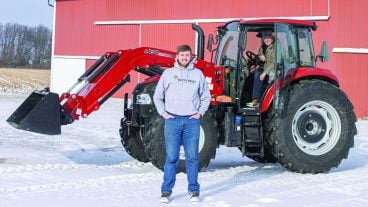
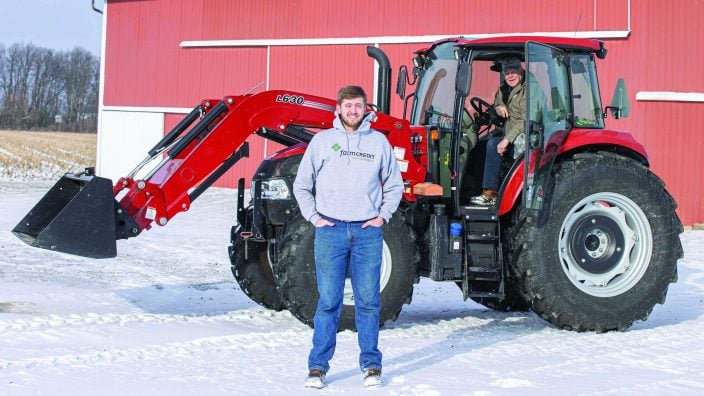
Trevor German is the first beginning farmer to complete a transaction through the new Ohio Beginning Farmer Tax Credit Program.
Read More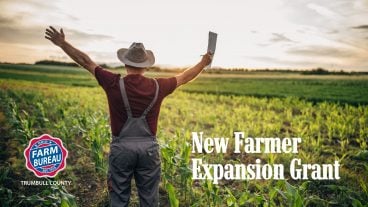
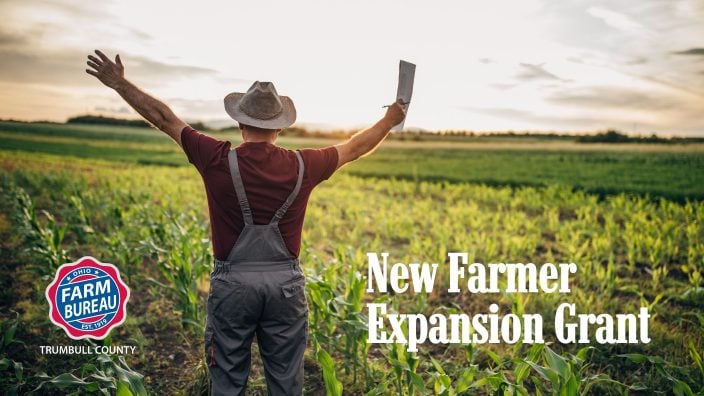
A grant is available to new and beginning farmers in Trumbull County.
Read More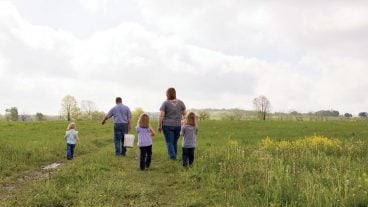
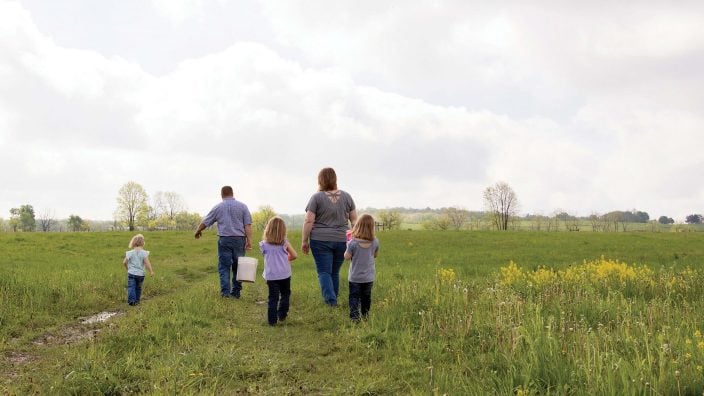
There are things young and beginning farmers should think about before starting their farm business.
Read More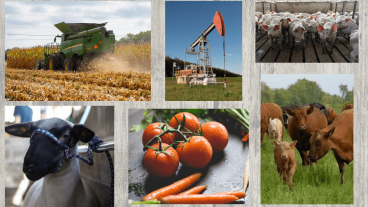
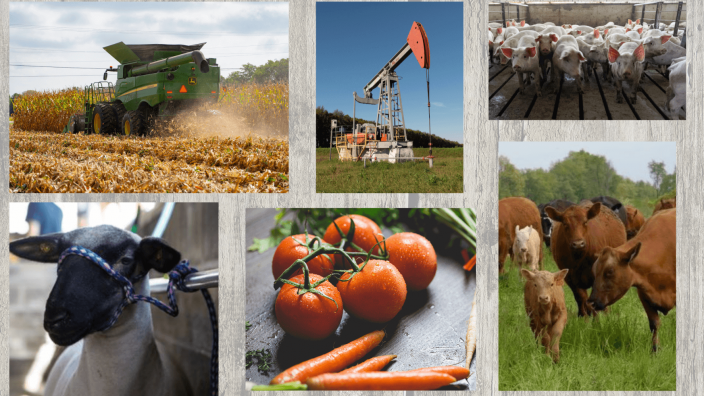
If you are thinking about starting a farm in 2024, or started one recently, here are a few tips to help you find success.
Read More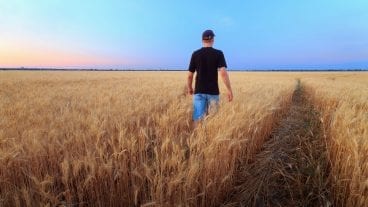
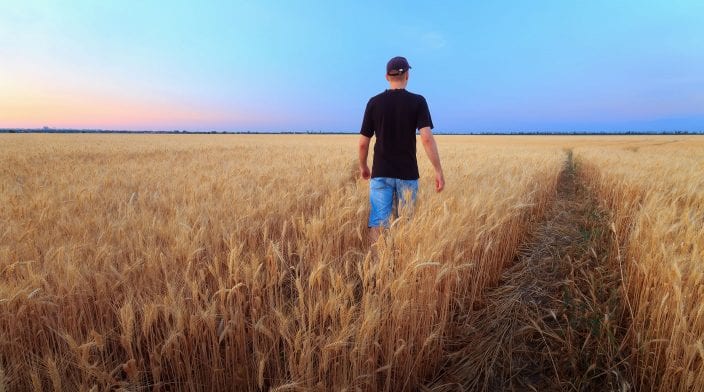
A new online farm management course offered by Ohio State will help Ohio’s beginning farmers qualify for the requirements of the Ohio Beginning Farmer Tax Credit program.
Read More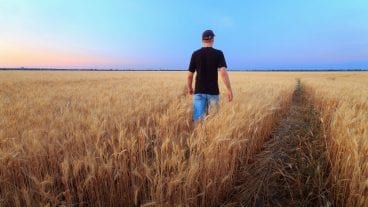
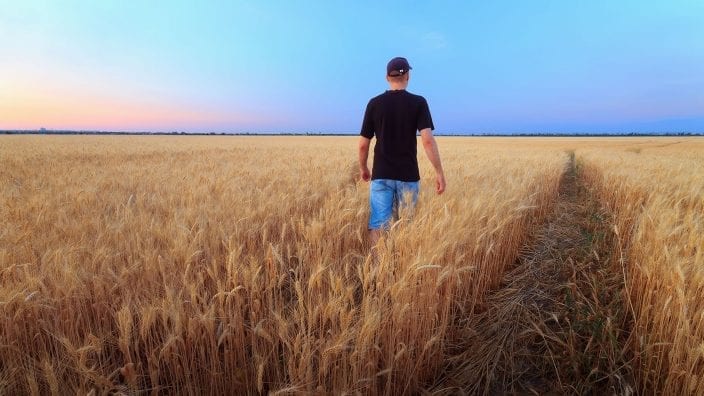
The Beginning Farmer Tax Credit is now available to those who’ve recently entered the field, as well as those who help beginning farmers.
Read More

The Beginning Farmer Tax Credit is available to those who’ve recently entered the field, as well as those who help beginning farmers.
Read More

This bill creates a tax credit to assist the next generation of farmers while helping the current generation transition their operations.
Read More

HB 95 creates a tax credit to assist the next generation of farmers while helping the current generation transition their operations.
Read More